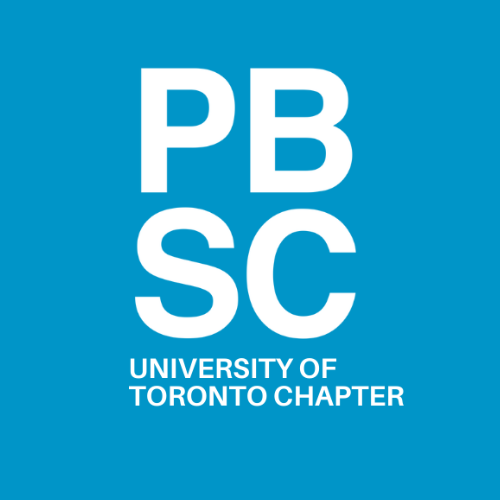Barbra Schlifer Commemorative Clinic: Family Court Support Program Placement (3 positions)
Area of Law: Family Law -- Immigration Law -- Criminal Law
The Barbra Schlifer Commemorative Clinic offers trauma-informed legal services and representation, counselling and multilingual interpretation, and drives system transformation to support women and gender diverse people who have experienced violence. Rooted in the foundations of intersectionality, innovation, and a client-centred approach, BSCC fosters the skills and resilience of the people they serve and amplifies their voices to create individual and collective change. The Clinic's Legal Department provides trauma informed legal advice and representation in the areas of family and immigration/refugee law, supportive legal services in family court, and independent legal advice about legal responses to sexual assault. The Legal Department also supports the Clinic's advocacy efforts to bring systemic change and reduce barriers to justice for survivors of gender-based violence. To learn more about BSCC, check out their website here: https://schliferclinic.com
Students will be involved in the Family Court Support Program. The Family Court Support Program is funded by the Ministry of Children, Community and Social Services. Ordinarily, Clinic staff are Court-based 4 days per week and meet with clients to provide legal information, referrals, safety planning and support at the three Toronto family courts (311 Jarvis, 361 University, 47 Sheppard). The Clinic administers the English-language Court Support Program in Toronto and makes referrals to the French language Court Support Program (OASIS). The Family Court Support Program staff works with family lawyers, duty counsel, Legal Aid Ontario, shelter, Victim/Witness Assistance Workers, and court staff and other external service providers. Court accompaniment is also sometimes provided.
Students will assist the BSCC Court Support Workers, including during intakes, assessments, and safety planning. Students will complete other tasks under the direct supervision and guidance of the BSCC Court Support Workers, including: supporting with client intakes, assisting with follow-up calls to clients, supporting Family Court Support Workers with writing up and organizing client notes, researching referrals to specialized services and community supports, and supporting Family Court Support Workers with client court accompaniments, including, where appropriate, meetings with lawyers. Students will not provide legal advice or assistance with pleadings but will be exposed to the court system and where appropriate provide court accompaniment which typically involves the opportunity to sit in on legal proceedings and take notes.
Time Commitment
Required Training
Number of Students and Prerequisites
- How many students?
- 3 student volunteers (students may be working with students from Lincoln Alexander School of Law and Osgoode Hall Law School)
- Can first year law students volunteer?
- First year students are encouraged to apply!
- Should you be bilingual?
- No, but additional languages are a great asset.
- Any other expectations for this project?
- Family law knowledge is preferred, but not necessary. Past work with survivors of violence would be an asset. Students enrolled in University of Toronto Law School's Barbra Schlifer Clinical Program are not eligible for this placement.
